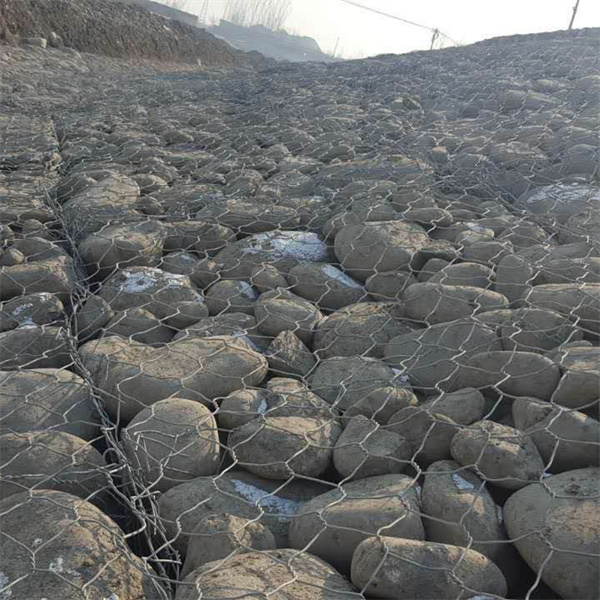Avg . 04, 2024 00:51 Back to list
Detailed Guide on Purchasing Gabion Walls for Your Landscape Projects and Construction Needs
Understanding Gabion Walls A Comprehensive Guide for Your Next Project
When it comes to landscaping, construction, and erosion control, gabion walls are gaining popularity due to their versatility, durability, and aesthetic appeal. These sturdy structures, which are made from wire mesh containers filled with rocks, gravel, or soil, offer a multitude of benefits for both residential and commercial applications. In this article, we explore the details of buying and installing gabion walls, as well as their various applications.
What is a Gabion Wall?
A gabion wall consists of a series of interconnected cages or boxes made from heavy-duty wire mesh. These cages are filled with stone or other materials and stacked to create a stable, gravity-based structure. The term gabion originates from the Italian word “gabbione,” meaning “large cage.” This design allows for excellent drainage while providing formidable strength against soil erosion and water runoff.
Benefits of Gabion Walls
1. Durability Gabion walls are highly resilient against harsh weather conditions. The materials used can withstand significant pressure, making them ideal for retaining walls and erosion control.
2. Eco-Friendliness Unlike traditional concrete structures, gabion walls are environmentally friendly. They allow for natural drainage, help with soil stabilization, and can even promote biodiversity by providing habitats for small wildlife.
3. Cost-Effectiveness While the initial costs can vary based on materials and design, gabion walls can be more economical in the long run. They require minimal maintenance and have a long lifespan.
4. Aesthetic Appeal Available in various shapes and sizes, gabion walls can complement any landscape design. They can be filled with local stones or decorative materials, enhancing the overall look of your property.
Applications of Gabion Walls
Gabion walls are incredibly versatile and can be used in various applications, including
buy gabion wall detail

- Retaining Walls Ideal for slope stabilization, they prevent soil erosion and manage water runoff. - Garden Borders They can define spaces in landscaping, offering both structure and beauty.
- Noise Barriers Gabion walls can also reduce noise pollution when strategically placed near busy roads or industrial areas.
- Riverbank Protection In environments prone to flooding, gabion walls act as an effective barrier, protecting riverbanks and preventing erosion.
Choosing the Right Gabion Wall
When considering a gabion wall for your project, several factors are essential
1. Material Selection Choose locally sourced stones for filling to reduce costs and ensure a natural appearance. The wire mesh should be coated with high-quality PVC or galvanized for added durability against rust.
2. Sizing and Design Determine the purpose of the wall and its placement within your landscape. Custom sizes and arrangements can be tailored to meet specific needs.
3. Installation Requirements Depending on the height and structure of the wall, you may need to consult with a professional to ensure proper design and installation practices.
Conclusion
Gabion walls represent a practical, aesthetic, and sustainable choice for various applications. Their benefits, from erosion control to noise reduction, are complemented by their unique look, making them an excellent addition to any project. As you consider incorporating gabion walls into your landscape or construction project, weigh the options carefully to ensure you select the right materials, design, and installation methods. Investing in quality gabion walls will not only enhance the beauty of your space but also contribute positively to the environment.
-
Why PVC Coated Gabion Mattress Is the Best Solution for Long-Term Erosion Control
NewsMay.23,2025
-
Gabion Wire Mesh: The Reinforced Solution for Modern Construction and Landscape Design
NewsMay.23,2025
-
Gabion Wall: The Flexible, Seismic-Resistant Solution for Modern Landscaping and Construction
NewsMay.23,2025
-
Gabion Wall Solutions: The Durable, Decorative, and Affordable Choice for Every Landscape
NewsMay.23,2025
-
Gabion Basket: The Durable and Flexible Alternative to Traditional Retaining Walls
NewsMay.23,2025
-
Gabion Basket: The Proven Solution for Slope Stability and Flood Control
NewsMay.23,2025
-
Versatility of Chain Link Fence Gabion
NewsMay.13,2025






